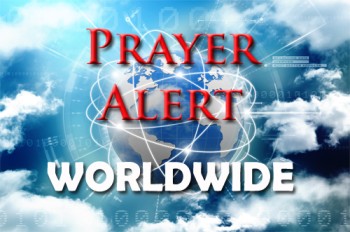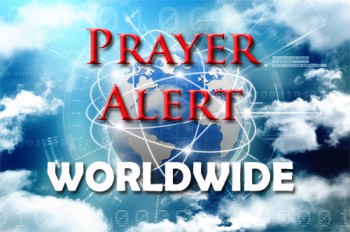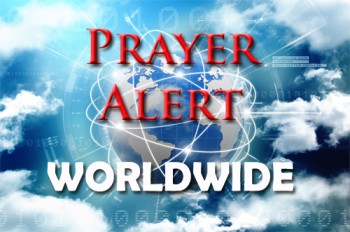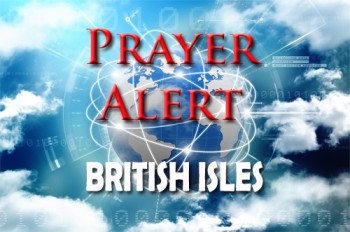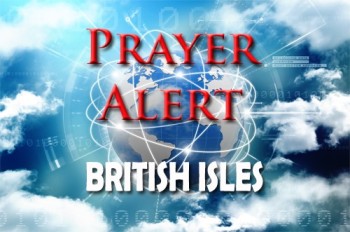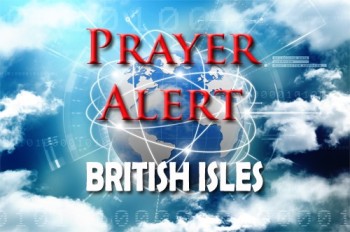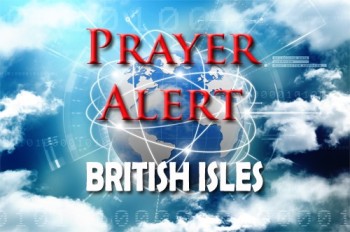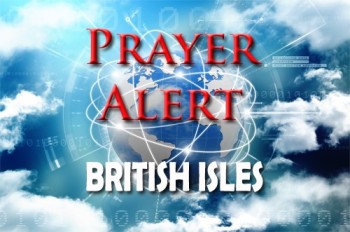Haiti: UN sends food aid for displaced
The UN has announced the delivery of aid to Haiti, which will help hundreds of displaced families due to the ongoing violence and the upcoming hurricane season. A spokesman said, ‘Two cargo flights organised by the World Food Programme (WFP) have landed in Port au Prince, carrying 55 tonnes of medicine, shelter and hygiene materials. The WFP school meals programme has distributed some 30 million meals across the country since the start of the current school year: of these, nearly 17 million have been provided through its programme which supports local farmers. The education sector has been severely impacted by the recent violence, with more than 200,000 children and 4000 teachers affected.’ Haiti’s hurricane season, which lasts from June to November, is forecast to be severe this year. A gang-fuelled crisis has devastated the country, and the UN estimates that currently 360,000 people are displaced.
Colombia offers legal status to 540,000 Venezuelans
Colombia’s migration agency has said it will give legal status to up to 540,000 Venezuelan migrants who are guardians to minors residing in the country. Colombia has been a destination of choice for millions of Venezuelans seeking to escape the political and economic turmoil of their homeland, while others have used the Andean country as a stepping stone onwards to other nations. More than 2.8 million Venezuelan migrants currently live there, and the measure will benefit adults taking care of some 270,000 minors who have permission to live there. The agency’s director said, ‘It's a special permission to stay, like the previous ones, which fundamentally seeks to integrate guardians, those people who have responsibility for minors who have a temporary protection permit and who live in Colombia’. In 2021, the then government said it would give ten-year legal status to Venezuelans living in Colombia, an offer taken up by many migrants.
USA: Louisiana orders Ten Commandments to be displayed in all classrooms
Louisiana has become the first US state to order all classrooms, from elementary to university level, to display a poster of the Ten Commandments. The Republican-backed measure describes the commandments as foundational to state and national government. The law is expected to face challenges from civil rights groups, who will argue that it violates the First Amendment, which prohibits government establishment of religion. The commandments must be in large, readable font, next to a ‘context statement’ about their historical role in American education. There have been numerous legal battles over the display of the Ten Commandments in public buildings, including schools, courthouses and police stations. In the past, the Supreme Court has struck down similar laws, ruling that displaying the Ten Commandments in public schools lacked a secular legislative purpose and was inherently religious.
Miracle after kids and dad saved from drowning
A dramatic rescue unfolded on a New Jersey shore, where John, a father, and his three young children nearly drowned after being swept out to sea by a strong rip current. John managed to keep his children afloat but struggled against the powerful waves, eventually being dragged under. A group of onlookers, including John DiAngelo, sprang into action. DiAngelo, a retired firefighter and experienced lifeguard, heard the children’s screams and rushed to their aid. Once they were safe, he returned to rescue their father, who had been submerged for several minutes. He performed CPR until John regained consciousness. DiAngelo credits divine intervention for the timing and successful outcome of the rescue, calling it a 'literal miracle’. The family was taken to hospital and is expected to recover fully. DiAngelo's actions and faith serve as a powerful reminder of the importance of readiness and the belief in a higher power guiding our actions.

